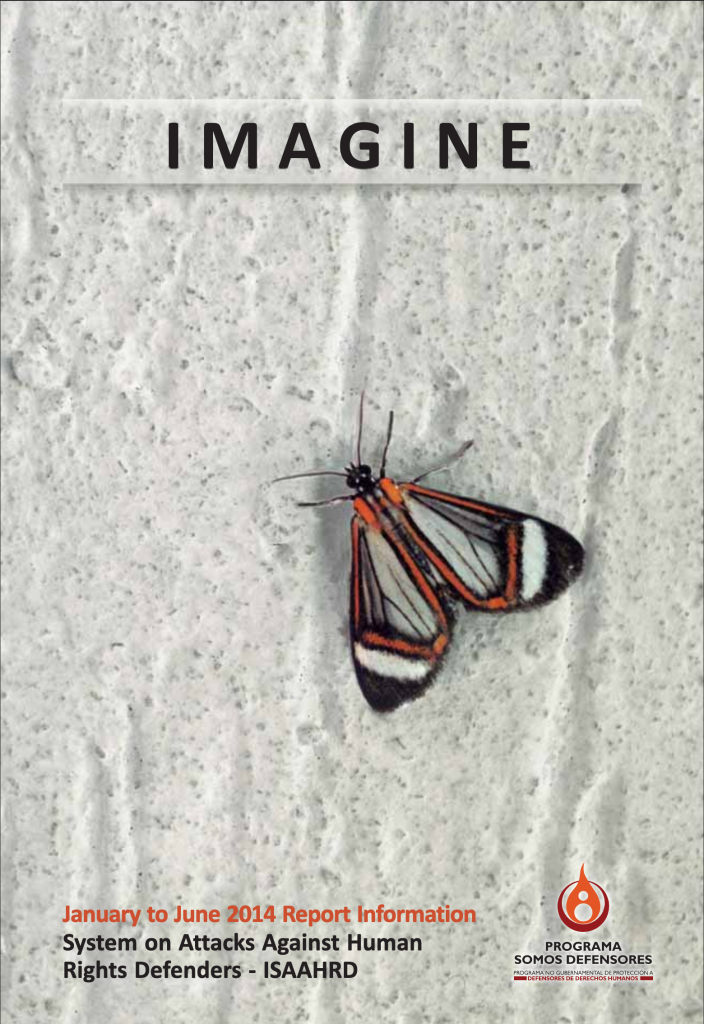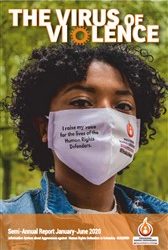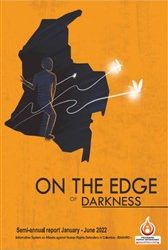
The first six months of 2014 reflected an important struggle for Colombia. It was a struggle between the continuation of the war and a politic al and negotiated solution to the armed conflict that has spilt blood for 50 years in the country. In this struggle, the social and human rights movement was decisive in saying NO to the continuity of the war, reaffirming a conviction for peace. The second round of presidential elections was, certainly, the peak of this political struggle. In it the social mobilization imposed itself to close the path to the war. In the midst of the anguish of voting for a neoliberal presidential candidate, a large part of the citizens voted for the hope of silencing the rifles and imagining a country in peace.
And precisely this is what was left after these six months in the struggle for human rights in Colombia, an illusion; the illusion of starting to imagine a different country, despite the political opportunism of both candidates, despite the precariousness in the guarantee of the fundamental rights after 12 years of the implementation of the Democratic Security Policy and its regional development, such as the plans of territorial consolidation. We the defenders have the hope, not in a government, but in the possibility of counting on the elusive national public opinion for the backing of a negotiated peace and overcoming the armed conflict.





